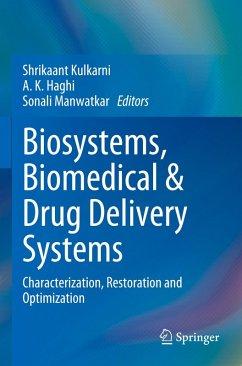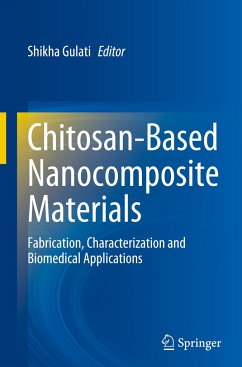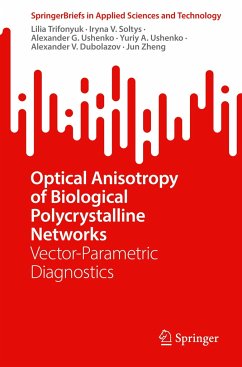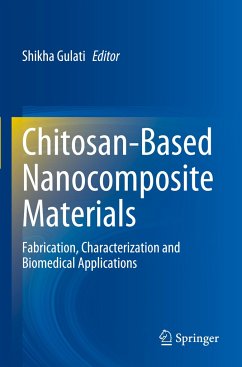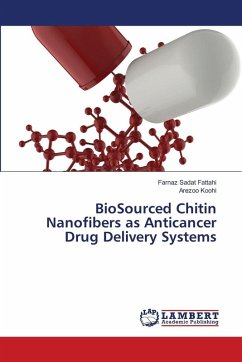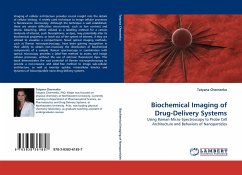
Biosystems, Biomedical & Drug Delivery Systems
Characterization, Restoration and Optimization
Herausgegeben: Kulkarni, Shrikaant; Haghi, A. K.; Manwatkar, Sonali

PAYBACK Punkte
61 °P sammeln!
The book gives an insight into the thorough study and examination of incumbent biosystems, their present status and disruption in their integrity, causes and effects, measures to be taken for their characterization and restoration apart from advances and applications in the field of biosciences, drug design, discovery, bio-systems, biomedical and drug delivery technologies, tools in particular. The book collates information from several disciplines, such as chemistry, biology, material science, engineering, statistics, biomedicine, genetics, etc., as the subject in question is a confluence of ...
The book gives an insight into the thorough study and examination of incumbent biosystems, their present status and disruption in their integrity, causes and effects, measures to be taken for their characterization and restoration apart from advances and applications in the field of biosciences, drug design, discovery, bio-systems, biomedical and drug delivery technologies, tools in particular. The book collates information from several disciplines, such as chemistry, biology, material science, engineering, statistics, biomedicine, genetics, etc., as the subject in question is a confluence of many disciplines exhibiting numerous applications such as bioimaging, novel biological agents, synthesis, discovery testing, characterization of drugs right from selecting a suitable precursor to discovering and designing a drug following a correct synthetic route, adoption of computer simulation-based models, AI/ML-based models, application of statistical tools in analyzing and interpreting data, design, multi-functional, and operational drug delivery systems, their bio-compatibility, capacity of carrying and release of drug reproducibly etc.
The book is helpful to postgraduate students, research scholars, academicians, and scientists from the pharmaceutical, biotechnology, and chemical engineering domains. The book covers a conceptual understanding of the exploration of drugs in unity with the applications desired, sound bio-system development, and carriers for drug and supplement delivery.
The book is helpful to postgraduate students, research scholars, academicians, and scientists from the pharmaceutical, biotechnology, and chemical engineering domains. The book covers a conceptual understanding of the exploration of drugs in unity with the applications desired, sound bio-system development, and carriers for drug and supplement delivery.





